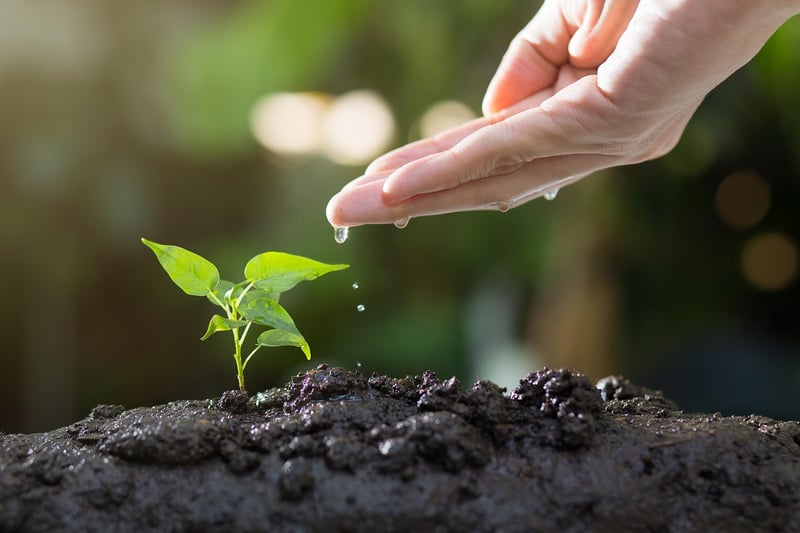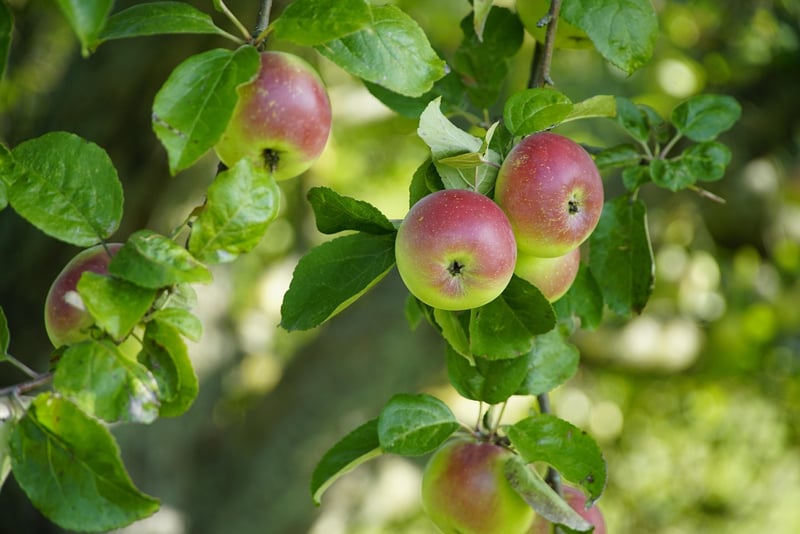Organic Solutions
Protecting Your Garden: Organic Solutions
Having a beautiful garden is a joy, but it often comes with its fair share of challenges. Pests, diseases, and environmental factors can all threaten the health and beauty of your plants. While chemical solutions may provide a quick fix, they can harm the environment and beneficial insects. Fortunately, there are many organic methods you can use to protect your garden and keep it thriving.
Companion Planting
Companion planting involves strategically planting different crops together to improve pest control, attract beneficial insects, and enhance growth. For example, planting marigolds alongside tomatoes can help repel nematodes and other pests.
Organic Pest Control
There are several organic pest control methods you can use to protect your garden. Neem oil, insecticidal soaps, and diatomaceous earth are effective options that won't harm beneficial insects or the environment.
Mulching
Mulching not only helps retain moisture and suppress weeds but also acts as a barrier against pests. Organic mulches like straw, wood chips, or leaves can deter slugs, snails, and other garden pests.
Compost
Healthy soil is the foundation of a thriving garden. Composting kitchen scraps and yard waste can enrich the soil with essential nutrients, improving plant health and resilience against diseases.
Beneficial Insects
Attracting beneficial insects like ladybugs, lacewings, and bees can help control pest populations naturally. Planting flowers like dill, fennel, and yarrow can provide food and shelter for these beneficial bugs.
Organic Fertilizers
Chemical fertilizers can harm soil health and beneficial organisms. Opt for organic fertilizers like compost, manure, or seaweed-based products to nourish your plants naturally without the risk of chemical buildup.
Watering Practices
Overwatering can create conditions for diseases to thrive, while underwatering can stress plants. Adopting proper watering practices, such as watering at the base of plants in the morning and avoiding wetting the foliage, can help prevent common garden issues.
Crop Rotation
Rotating crops each season can help prevent the buildup of pests and diseases in the soil. Different plant families have unique nutrient needs and vulnerabilities, so rotating crops can maintain soil health and reduce the risk of issues.
Conclusion
By implementing these organic solutions in your garden, you can protect your plants, support beneficial organisms, and create a thriving ecosystem. Embracing sustainable gardening practices not only benefits your garden but also contributes to a healthier environment for all.

Remember, a little effort in using organic methods can go a long way in safeguarding your garden for the future.
Stay green, stay organic!
